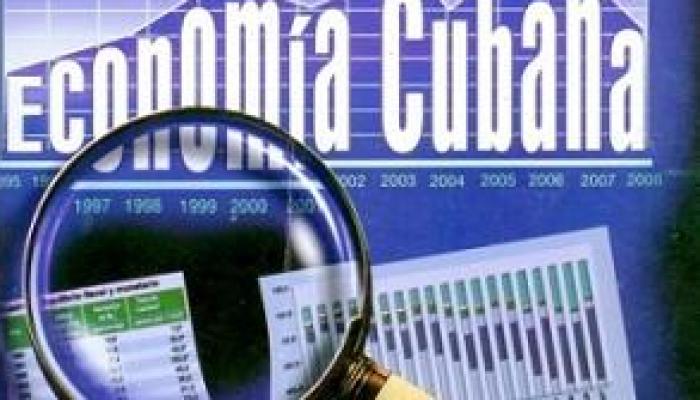Cuba Visited by Three Million Tourists So Far This Year
Cuba has been visited so far this year by 3 million foreign visitors, which represents a 18% growth compared to the same period last year. Canada continues as the leading source with more than 1,110,000 tourists, which represents a 13% increase, followed by the main European markets, accounting together for a 25% increase, Cuba's Ministry of Tourism (MINTUR) recently said.
According to MINTUR, the increase is caused by the new scenario in the country, the ongoing work to improve the quality of products and services, the support given by other sectors of the domestic economy and the priority given by the Government to the promotion of tourism.
Despite the progress, tourism has been severely damaged by the U.S. blockade of Cuba since the losses in just 1 year (from April 2014 to April 2015) totaled $ 1.5 billion USD.
Even when agreements between the governments of Cuba and the United States have set favorable conditions for a significant increase in U.S. citizens' visits, the ban on tourist travels to Cuba continues. And the report noted that if the blockade were lifted, Cuba would benefit from the 140 cruise ships operating weekly in the Caribbean area, the main market of which is U.S. citizens.
Cuba, Vietnam Reaffirm Willingness to Expand Cooperation Ties
Cuba and Vietnam included new contents to their relations after concluding in Hanoi the 33rd Session of the Inter-Governmental Commission, a reflection of the will to boost economic ties, as authorities of both countries stressed.
The basic document that summarizes the 4-day sessions was signed by Minister for Foreign Trade and Foreign Investment, Rodrigo Malmierca, and Vietnamese Construction Minister, Trinh Dinh Dung, both co-presidents of the mentioned bi-national body.
The signed protocol is a legal foundation of the bilateral actions and also paves the way for the development of the trade-economic and scientific-technical cooperation, based on the potentiality of those ties, and the prioritized objectives of the mid-term bilateral agenda (2015 -2020.
On the other hand, Malmierca said the documents included a new sports cooperation agreement, and reflect that the relations are strengthening while investment and cooperation are making progress.
All sectors are reflected in the agreements and we have seen how investment cooperation is beginning to bear fruit, he said, referring to the presence of Vietnamese companies in the Cuban economy.
With the new cooperation agreement signed by Deputy Minister of Culture, Sports and Tourism, Le Khanh Hai, and ambassador, Herminio Lopez, the two countries intend to broaden ties in this field by exchanging coaches, experts and delegations, as well as the holding of seminars, among other tasks.
In addition to participating in these sessions, in which some aspects of the economic agenda signed during the visit of Prime Minister Nguyen Tan Dung to the Caribbean country last year were also assessed, Malmierca carried out a program of meetings with Vietnamese authorities.
The visiting delegation's program included a seminar in Ho Chi Minh City, where the investment opportunities Cuba offers to potential partners was presented.
Important Panamanian Bank Hopes to Open Subsidiary in Cuba
Multibank, the third largest Panamanian bank in assets, could open an office in Cuba as part of the promotion made by the island to attract foreign investment.
Isaac Btesh, the executive president of the bank, told Prensa Latina news agency: “We see great opportunities in the country that will develop rapidly and Multibank would like to work hand-in-hand with that development, both to support the Cuban financial institutions and the businesspeople who plan to invest in Cuba.”
At this time, that financial entity is the only one in the isthmus to have correspondence with Cuban entities, as part of the support to trade transactions made by companies settled in Panama, mainly at the Colon Duty-Free Zone.
On the technical elements of those transactions, Btesh clarified they do not violate established regulations by the United States, whose laws prevent Cuba from using the dollar for charges or payments, but in the case of Panama, movements are made in Balboas (local currency) which has a parity with the US dollar.
This situation allows commercial operations without violating regulations of the U.S. Treasury that sanctions movements of its currency linked to the Caribbean island made by any bank, regardless of its nationality.


